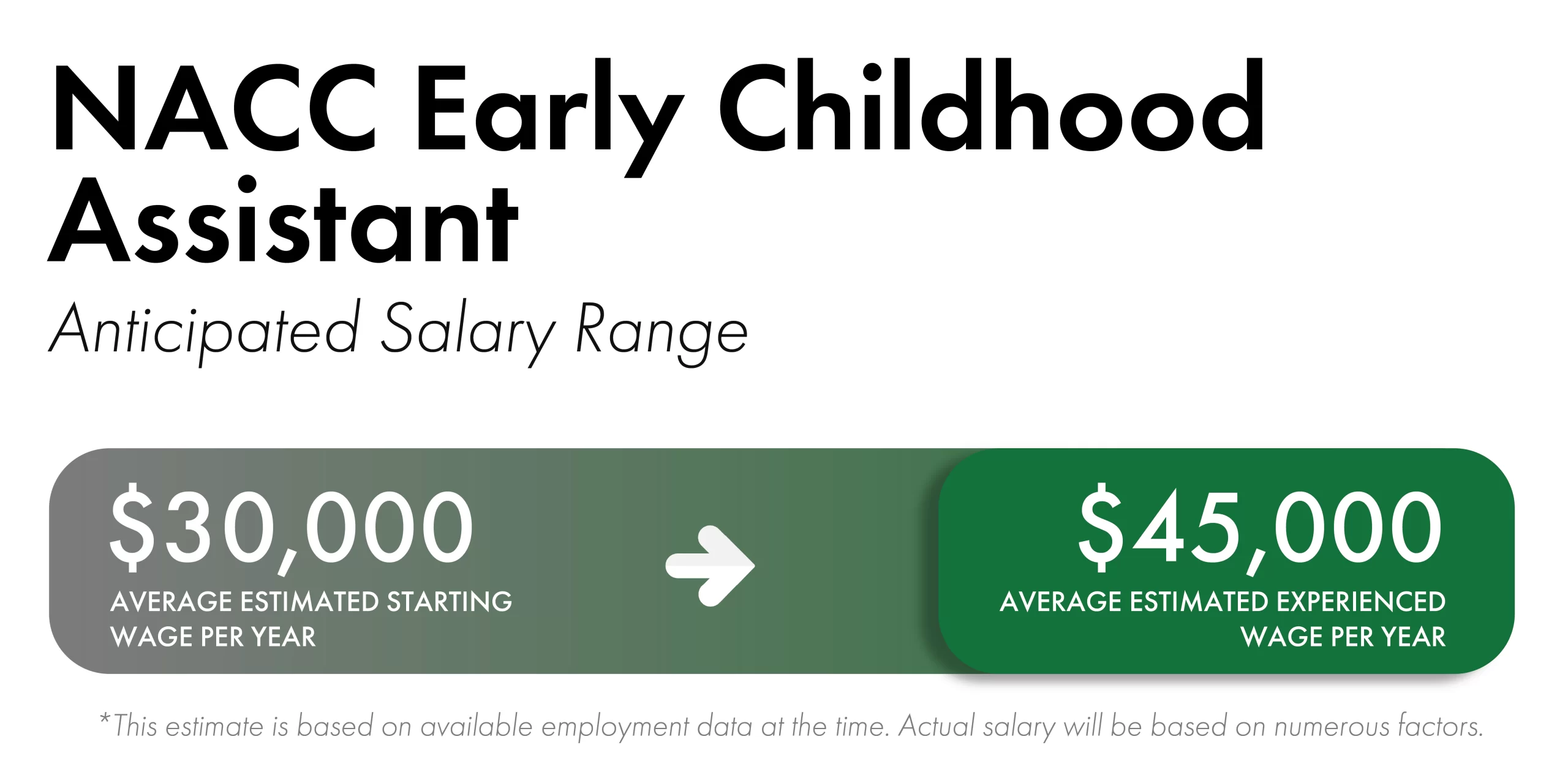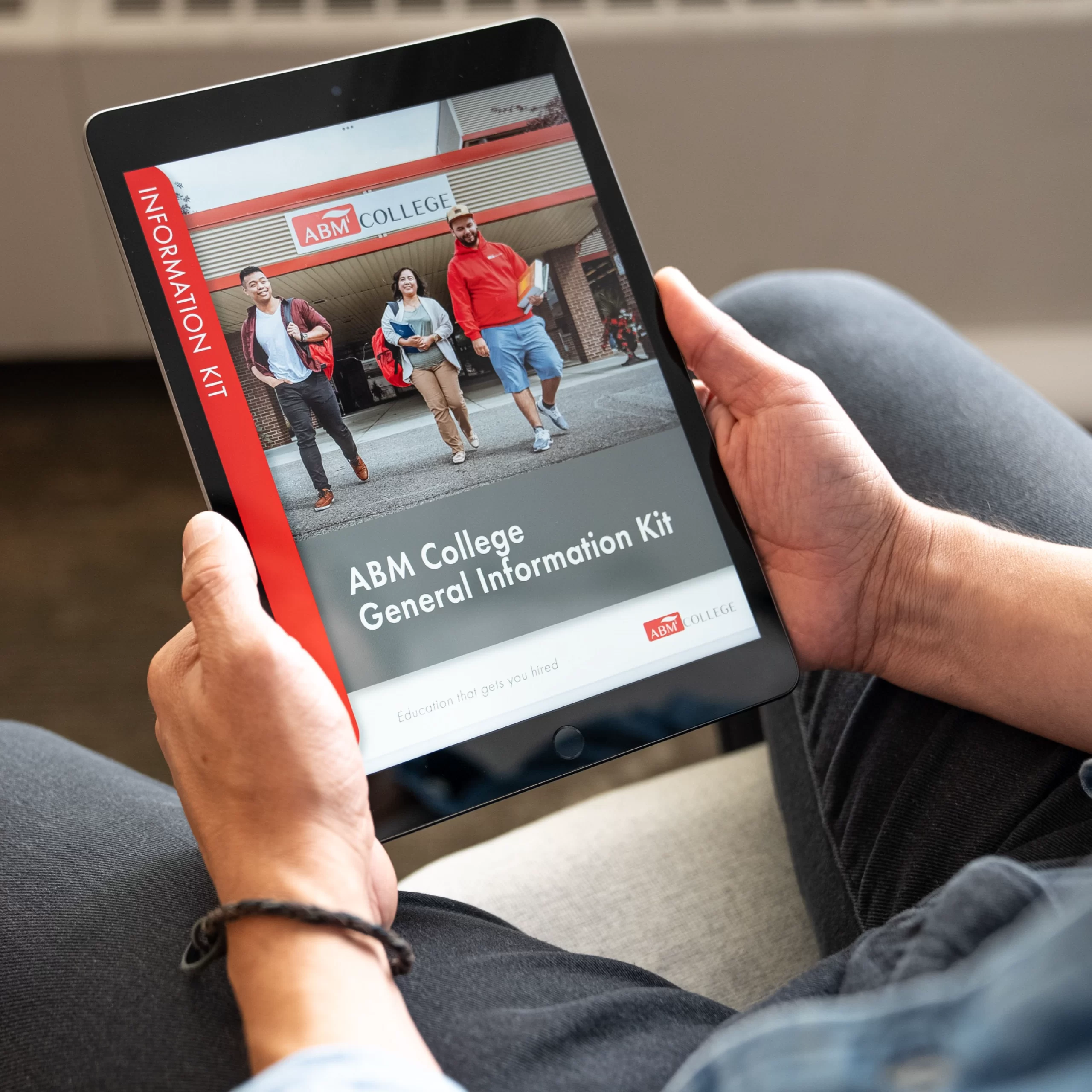NACC Early Childhood Assistant Diploma in Toronto
Next Start Dates: Monday, May 5 & Monday, June 2, 2025
- In-person
- 43 WeeksMorning
NACC Early Childhood Assistant
Diploma Summary
NACC Early Childhood Assistant Diploma in Toronto will provide students with an opportunity to study the historical roots of early learning and how they have shaped the modern approach to play-based learning. Students will acquire the skills necessary to establish inclusive relationships within the ECE community. All students will complete a field practice with toddlers or infants, preschoolers, and school-age children.
Early Childhood Assistant Course is designed to equip the students with professional interpersonal communication skills, three major domains of young children’s physical, cognitive and socio-emotional development, and the importance of safe learning environments to support and promote children’s health & well-being. Students will examine the basic concepts, theories, and research in sociology and how they relate to Canadian culture and social institutions.
NACC Early Childhood Assistant
Course Highlights
- Learn the theoretical approaches to working with young children and their families in diverse communities.
- Understanding and applying observational tools along with writing concise and accurate learning objective observations.
- Develop skills that will help students excel in their practicum experiences and professional careers.
- With practicum, students can apply their learnings to a real-world setting. It prepares them for the industry standards and know who to work with kids, toddlers, and infants.
Career Opportunities
Early Childhood Assistant
Early Education Assistant
Early Childhood Educator Assistant
Preschool Teacher Assistant
Child Care Aide
Daycare Worker
Salary Range

NACC Early Childhood Assistant Diploma Information Kit

This kit includes important details on the NACC Early Childhood Assistant Diploma program at ABM College.
Early Childhood Assistant Information Kit
"*" indicates required fields
NACC Early Childhood Assistant Course Curriculum
Admissions Requirements

Student Recommendations of ABM College

Take Our College Readiness Quiz
Let's evaluate which program best fits your career advancement needs through this quick five-minute quiz.
Take The Quiz

